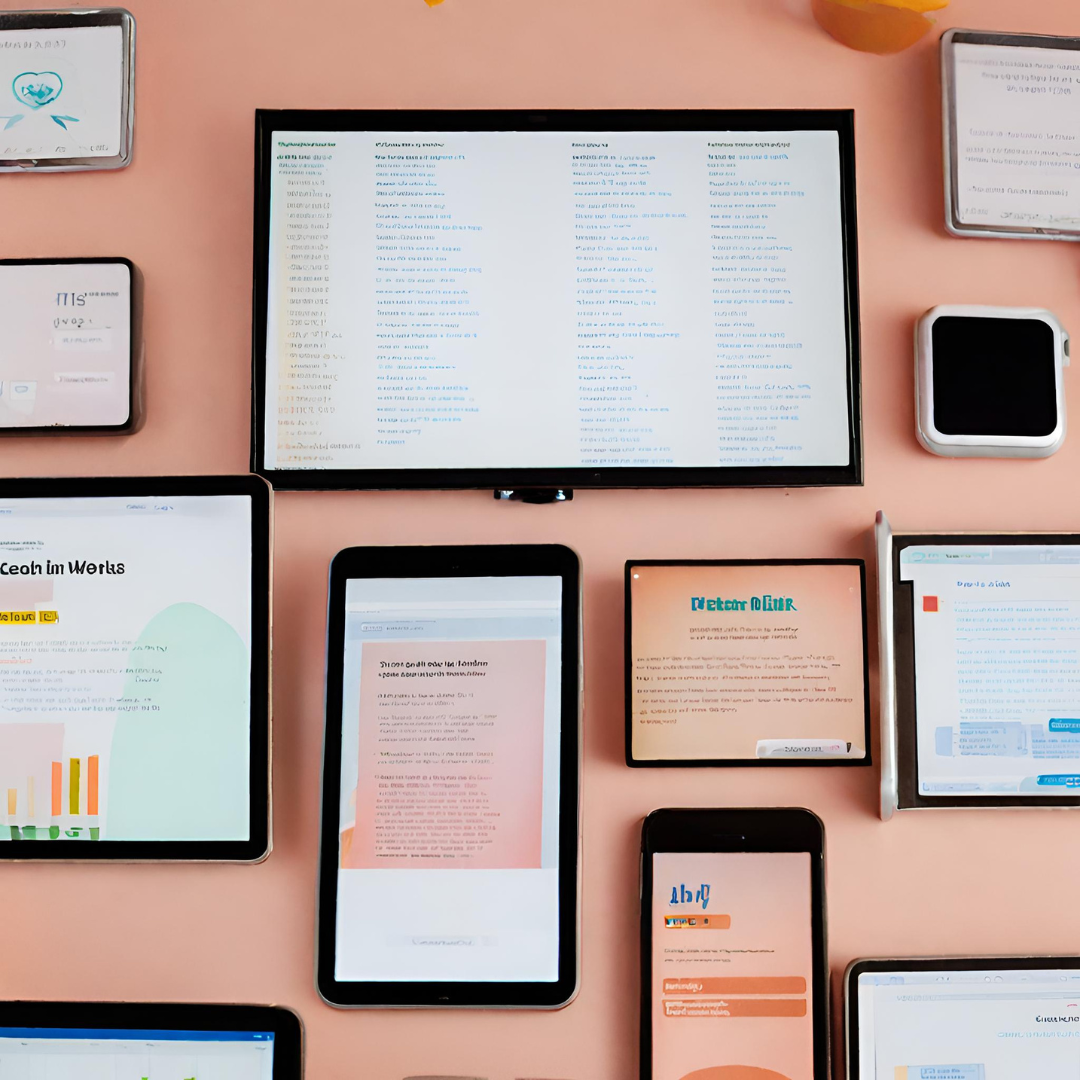The use of psychoactive substances, whether these are legal (tobacco, alcohol, anti-anxiety medications, hypnotic medications, opioid-based medications) or illegal (cannabis, cocaine, MDMA, new synthetic drugs, etc.), or screen-based behaviours (social networking, online sexual activities, gambling, video games, shopping) follows a gradual path from simple use to excessive or problematic use to addiction (also known as dependence).
In the case of addiction, the smartphone, a veritable psychosocial umbilical cord, is an intermediary matrix in these use behaviours, with its positive and negative sides.
Simple use
Simple use is occasional or regular use with no physical, psychological and/or social consequences. The person is not dependent. They adjust their usage to the situation and, above all, they can stop using if they wish. For substances, this only concerns alcohol and tobacco.
Excessive use
Excessive or problematic use is usage that causes harm. At this stage, people can adjust their usage to the situation and stop using temporarily if they wish, but they may also have difficulty stopping for several days in a row. The main negative consequences may be the onset or worsening of personal, psychological, physical or social problems linked to the effect of the substances or the behaviour, or the repetition of the behaviour; difficulties fulfilling or even the inability to fulfil important obligations at work, at school, at university, during their studies, at home with their family or in a relationship; repeated use of a substance or behaviour in situations where it may be physically dangerous for the individual (at work, when driving, for example); use of the addictive substance or behaviour despite knowing about the problems associated with its use and repeated legal problems related to substance use.
If we take the example of smartphones, problematic use is based on a model that highlights three types of usage problems: addictive usage habits (e.g. withdrawal symptoms, loss of control, increasing usage time, craving to connect, failed attempts to reduce usage, relapses), antisocial usage habits (e.g. use in situations where this is prohibited) and modes of use (e.g. using the phone while driving, with answering a text or a message while driving multiplying the risk of a road traffic accident by 23). This usage is generally considered to be inappropriate when its purpose is to cope with stress and negative emotions.
Addiction
Addiction and dependence are synonyms. The term addiction implies the loss of the freedom to abstain, impaired decision-making and freedom of choice. It is a pathological process that becomes established over a period of a year or more. It is recurrent and involves repeated use to varying degrees depending on the individual, followed by the gradual development of signs of withdrawal and/or acquired tolerance, and of craving, loss of control, denial and seeking of addictive substances and/or behaviour despite the medical, psychological, psychiatric and social risks incurred and known to the person concerned. The chronic nature of the illness and its relapsing course are characteristic of this disorder.
Addiction can be simply summed up using the 5C formula.

In conclusion, it is important to be careful about our screen use, especially smartphones. Are we talking about simple use or excessive use? And if our use reveals a real addiction, with its full range of symptoms, there are support and care solutions out there to help us regulate our consumption.
Go further
Study and Summary Note 🇫🇷
This article is extracted from one of the seven files of the Health Observatory PRO BTP; screen addiction. You will find other articles related to this study file here. PRO BTP has created the Health Observatory to support those who wish to take an active role in their well-being: understanding, preventing, and taking action on their health in everyday life. Chronicles, interviews, podcasts, videos... in partnership with a network of recognized experts and major national media, the observatory provides you with keys to understanding, practical advice, and concrete and innovative solutions, addressing a significant health topic each month. Selected for their importance to the French public, the topics are rigorously addressed by a scientific committee, recognized health experts and professionals, specialized journalists, to provide you with reliable and useful information in your daily life.
